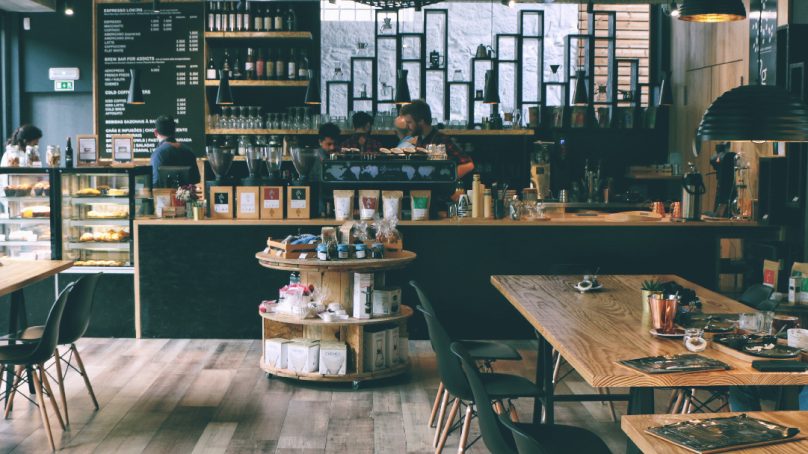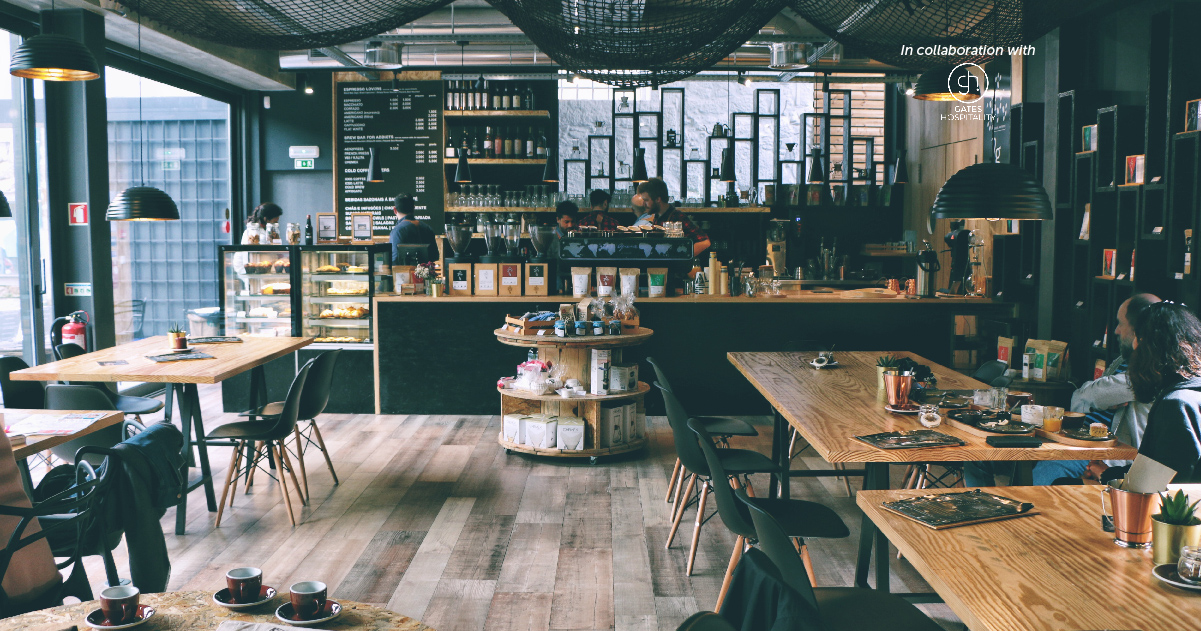

Whether it’s hybrid cars or hybrid working, we’ve all witnessed an increase in the blurring of the lines between products and services over the past decade. Beneficial for both a business, which can add an additional revenue stream, and consumers who can get “the best of both worlds,” hybrid models are often a win-win, and that includes coffee shops too.
Multi-functional destinations
As a native of Australia, a country renowned for its specialty coffees, innovation and experimentation, I should know better than most. A place where “coffee culture” is practically part of the constitution, it’s no surprise that Melbourne is regarded as the coffee capital of the world. But this and other hubs are not alone in their innovation, and in typical style, Dubai has quickly caught up. Whether it’s the corporate chains, authentic Arabic coffee houses or independent roasters, the scene continues to evolve into something that’s much more than a pitstop. Instead, coffee shops have become destinations to work from, meet people, collaborate or indeed spend some solo time with a book. That’s why, from a concept perspective, these places need to be unique in their ways and where – whisper it – the coffee almost comes secondary.
All about footfall
In recent years, we’ve seen the formation of a variety of hybrid coffee shops start to pop up, combining caffeine hits with lifestyle fits that extend beyond fitting out for mobile working. We’ve seen cafés merge with padel courts, transforming into wine bars come nightfall and even offering takeaway haircuts. Indeed, at Reform Social & Grill, we’ve teamed up with the barbers Chaps and Co. to do exactly that.
A business within a business combination automatically offers a higher footfall of traffic, targeting consumers from a market perhaps ordinarily not reached. By adding an extra element, you go beyond being just another coffee shop in a crowded marketplace to something that’s different, quirky and can stay open for longer – a lifestyle venue that caters to much more.
Take Cycle Bistro in Jumeirah, for example, where I can enjoy a coffee and a healthy paleo bite to eat, all whilst having my bike serviced at their workshop or looking through their retail store. And with traditionally higher profit margins on retail products and services, companies can also ensure that the extra revenue keeps their coffee prices low, while offering a range of food options.
Futureproofing in uncertain times
The concept works both ways, offering retailers the opportunity to add coffee to their existing model. We already know that coffee can prolong the amount of time consumers spend in a retail business and give operators added opportunities to showcase their products. By doing so, businesses are reminding us that diversification so often makes sense. Whilst coffee culture looks like it’s here to stay for now, adding that extra revenue stream and opening up to new markets puts in place extra layers of futureproofing, offering resilience against current trends, consumer habits and disposable income fluctuations.

Naim Maadad,
chief executive
and founder of Gates Hospitality













